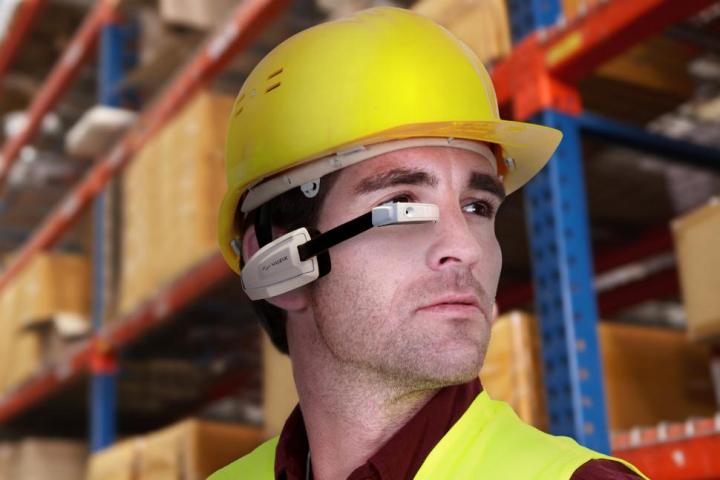
“Lenovo is always seeking new and innovative products that merge and integrate technology into products that offer our customers a high degree of functionality and convenience,” said Lenovo general manager of the company’s NBD brand Yuli Bai. “The advent of wearable technologies and specifically Smart Glasses, exceeds that goal and provides a new level of mobility in computing and communications systems.”
Per the terms of the partnership, Lenovo will exclusively market the M100 Smart Glasses in China, with the wearable going on sale in early September and through fall 2014. In addition, the glasses will be marketed as the Vuzix 100 Smart Glasses powered by Lenovo NBD.
The M100 Smart Glasses allow for voice recognition, as well as mapping and other cloud-based services. They are powered by a 1GHz dual-core processor and Android 4.0.4 Ice Cream Sandwich. By comparison, Google Glass is powered by a TI OMAP dual-core processor and Android 4.4 KitKat.
The M100 Smart Glasses will retail for around 8000 Yuan ($1,291), though it’ll be interesting to see how receptive China is to the wearable. Google Glass has already encountered several instances of scrutiny, even though it has yet to see commercial availability, so it’ll be interesting if the M100 Smart Glasses will face the same level of scrutiny.
Editors' Recommendations
- A new Google Pixel Tablet is coming, but it’s not what you think
- Google is finally fixing an annoying issue with its Pixel phones
- I made myself try a 14.5-inch tablet — and it didn’t go very well
- Lenovo just killed its Legion gaming phones, and that’s a shame
- Someone’s selling a Google Pixel Tablet months before its release date
